As the hot topics continue to draw attention, the discussions surrounding explicit films and their artistic expressions have sparked significant debates at the Cannes Film Festival over the past decade. These 18+ films not only serve to “shock” audiences but also delve into deeper issues concerning human rights, artistic freedom, and morality in cinema.
In part 2 of our article “10 Most Controversial 18+ Films at Cannes in the Last Decade,” we explore some of the most provocative works that have stirred discussions at this prestigious film festival:
6. Love (2015) – A Haunting Experience
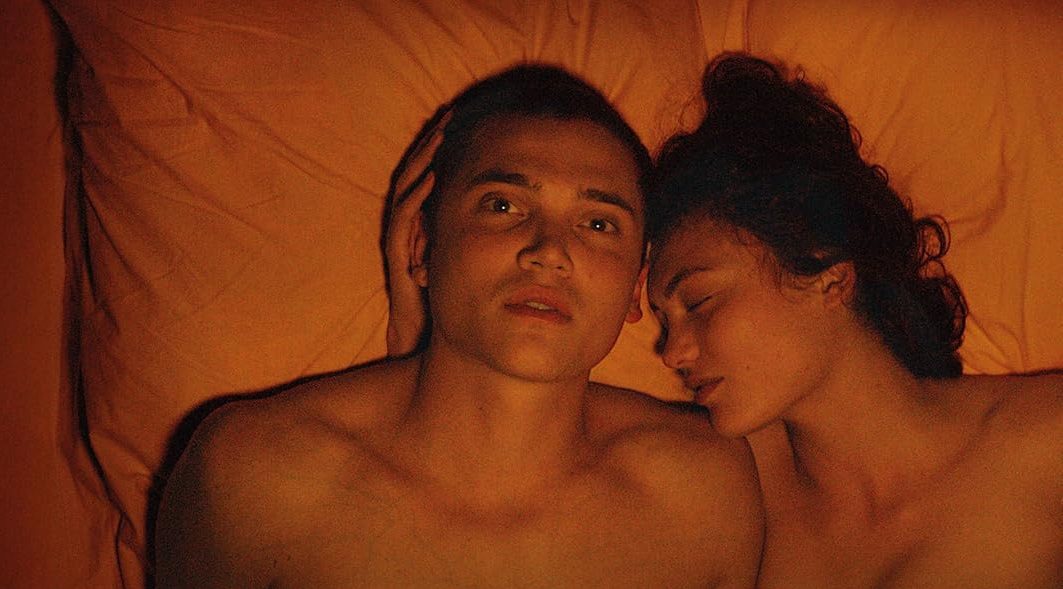
Love (2015) is a psychological film that explores the unique relationship between Murphy, a young man living in Paris, and his girlfriend Electra. The film is controversial for its explicit scenes that are unfiltered and intensely graphic, utilizing a raw lens to portray the complexities of love and desire.
At Cannes 2015, Love did not officially compete for awards, yet its screening sparked a wave of debate about whether it should be classified as “hardcore pornography” or “artistic expression.” Many viewers were divided on the film, with some praising its emotional depth while others criticized its overt sexual content and the rawness of human emotions depicted.
The film faced severe restrictions in various countries, including South Korea, Russia, and Singapore, where it was completely banned. In France, Love caused controversy due to its rating allowing viewers aged 16 and above, which is lower than the standards of many other regulatory bodies, prompting protests from numerous advocacy groups.
7. The Neon Demon (2016) – A Disturbing Spectacle
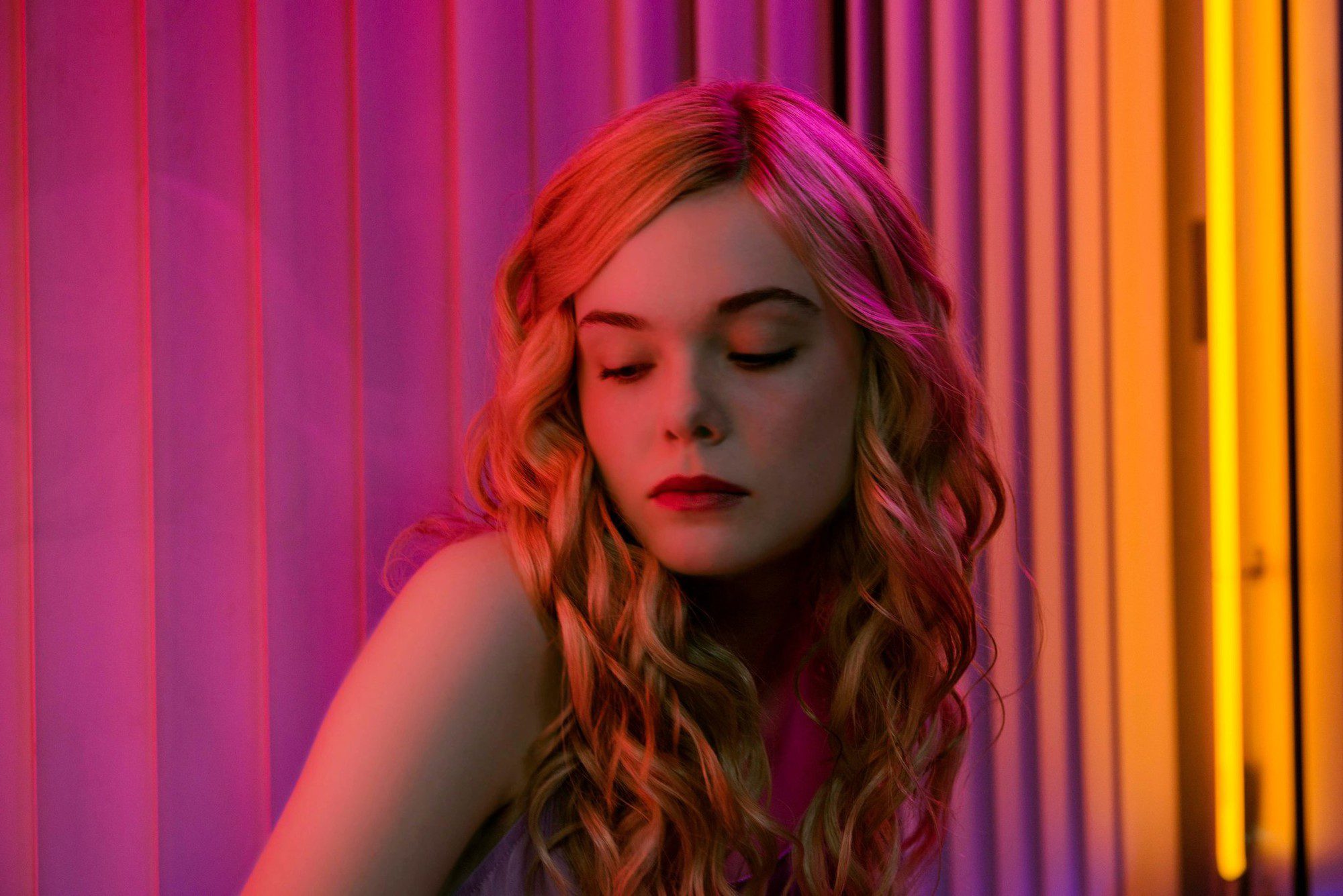
As one of the most controversial films at Cannes 2016, The Neon Demon is a horror journey into the fashion world, following a young girl as she gets caught in a web of envy, beauty, and desire. The film features surreal imagery with high symbolic meaning, including themes of cannibalism, necrophilia, and sexual violence.
This bold film is known for its intense scenes, which left many viewers shocked and disturbed, representing a clear example of a “divisive” work. Director Nicolas Winding Refn crafts a film that challenges societal norms and confronts the darker sides of beauty and ambition.
8. Much Loved (2015) – A Banned Film on Female Experience
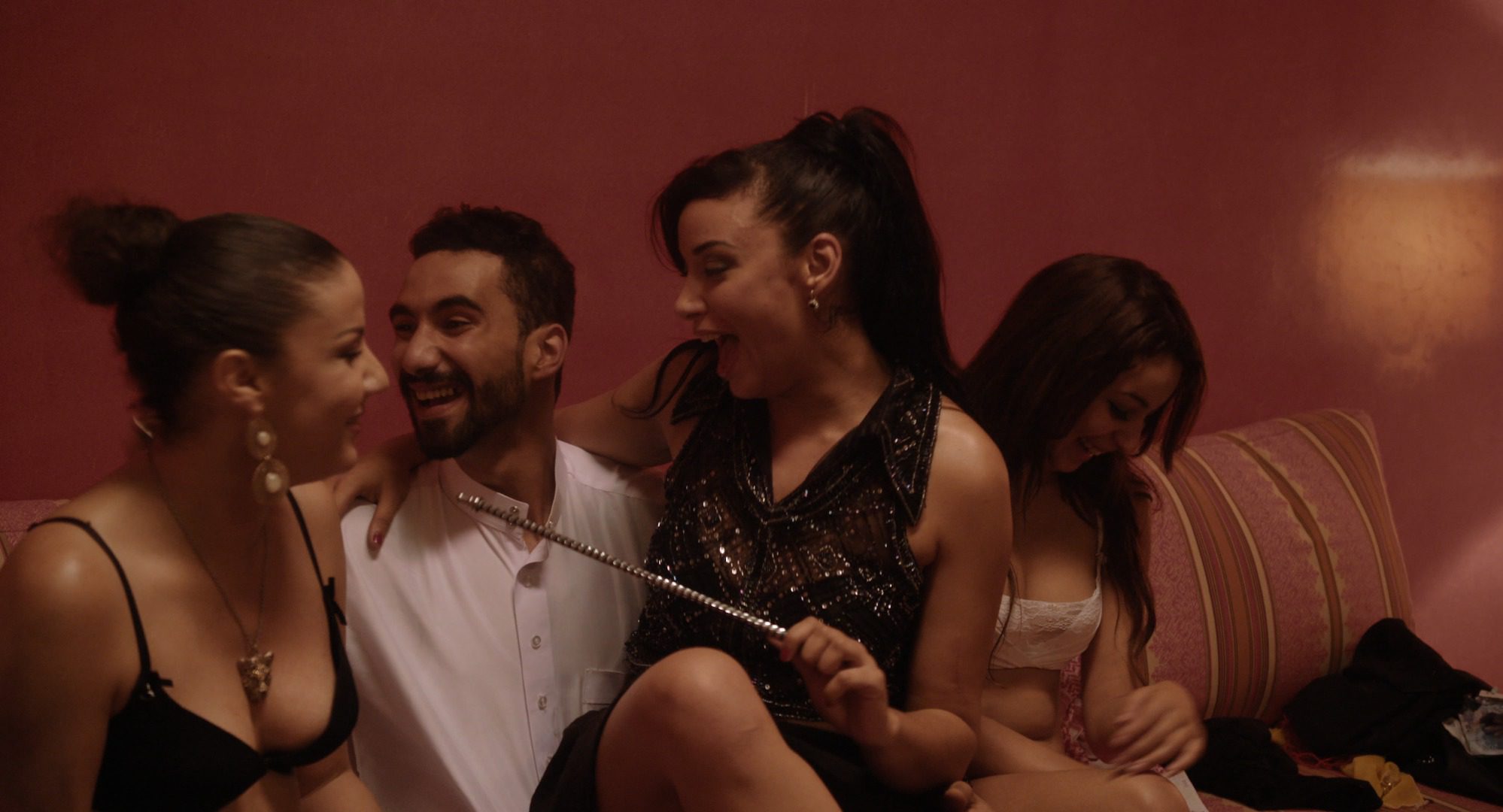
Unlike the previously mentioned European films, Much Loved is a renowned work from Morocco that vividly portrays the lives of sex workers in a conservative society. The film highlights the daily struggles of women in Marrakech, showcasing their resilience amid societal constraints and harsh realities.
Following its screening at Cannes, the film faced a ban in Morocco, and lead actress Loubna Abidar received threats due to her role. The film received critical acclaim for its bold portrayal of female agency and artistic expression, addressing pressing social issues while providing a platform for dialogue.
9. Climax (2018) – An Unconventional Experience
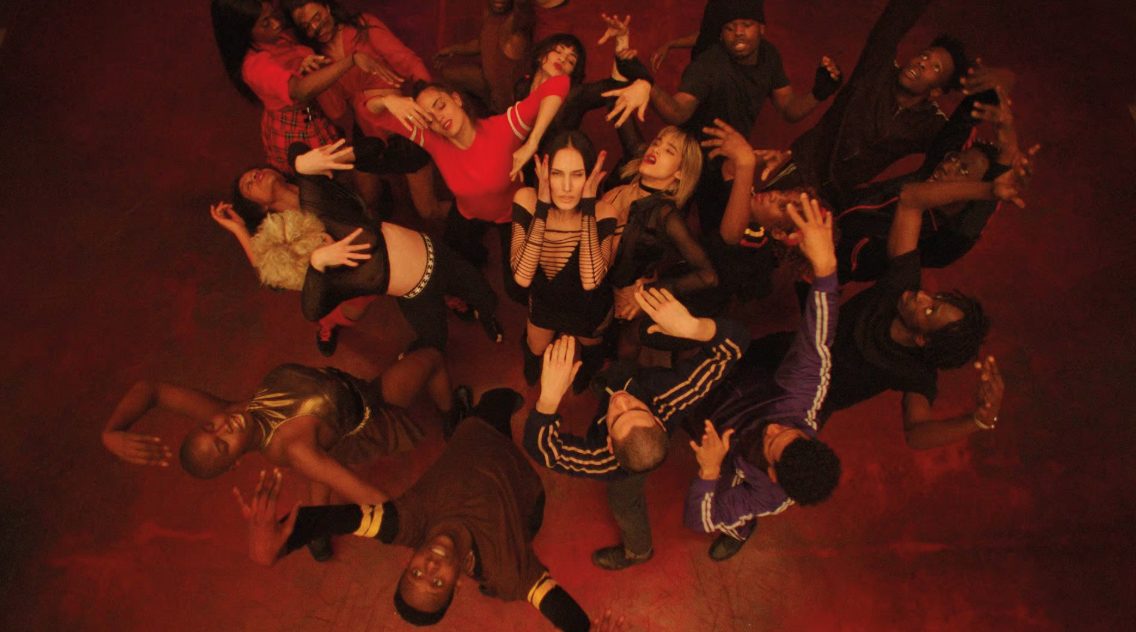
Climax opens as a conventional dance film but quickly morphs into a nightmarish experience when the group is dosed with LSD. Within less than 100 minutes, the film immerses the audience in a chaotic, frenzied atmosphere, with a single continuous shot lasting nearly 40 minutes that blurs the line between reality and hallucination.
Gaspar Noé describes the film as a “sensory experience” rather than a traditional narrative. Without a conventional plot, the actors are encouraged to improvise, leading to an unpredictable and visceral viewing experience that leaves audiences captivated and disturbed, with scenes that evoke strong reactions.
Unlike Love (2015), Climax received praise from international critics for its innovative approach, with Cahiers du Cinéma ranking it as the #1 film of 2018 and IndieWire calling it “the most shocking work of Noé’s career.”
10. Sauvage (2018) – A Provocative Exploration
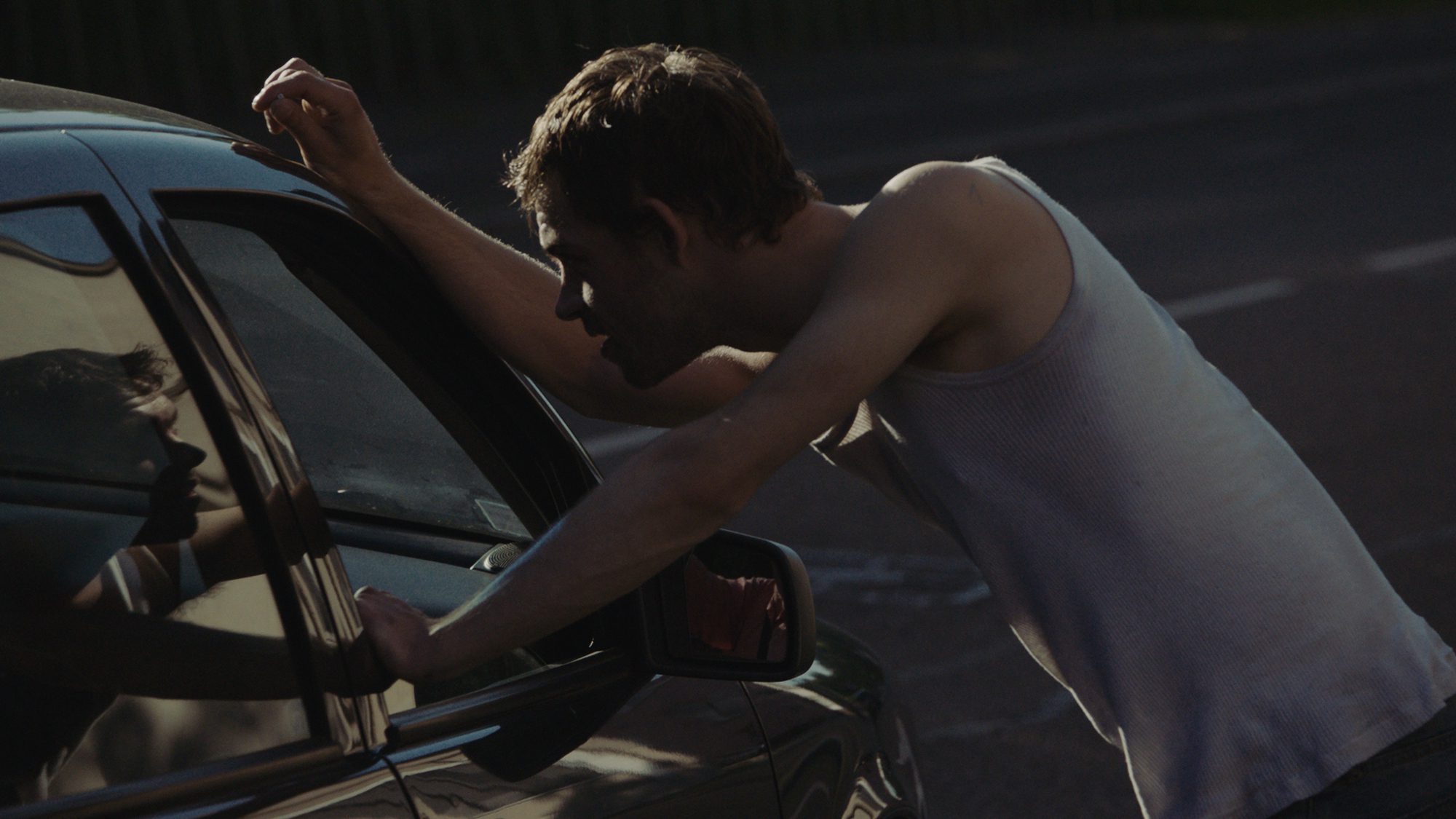
Sauvage follows Leo, a 22-year-old boy living on the streets and working as a male escort in Strasbourg, France. More than just a film about “sex work,” Sauvage delves deeply into themes of identity, vulnerability, and the desire for love in a brutal society.
This 18+ film stirred significant controversy at Cannes due to its raw portrayal of Leo’s life, including drug use, unsafe relationships, and his experiences with clients who abuse him. Many explicit scenes in the film are unfiltered and do not shy away from confronting the audience, leaving viewers disturbed and challenged.
Despite its controversial nature, the film received critical acclaim, with lead actor Félix Maritaud being praised for his powerful performance, described as “a heart-wrenching portrayal that bridges the gap between a harsh world and deep vulnerability.”




















